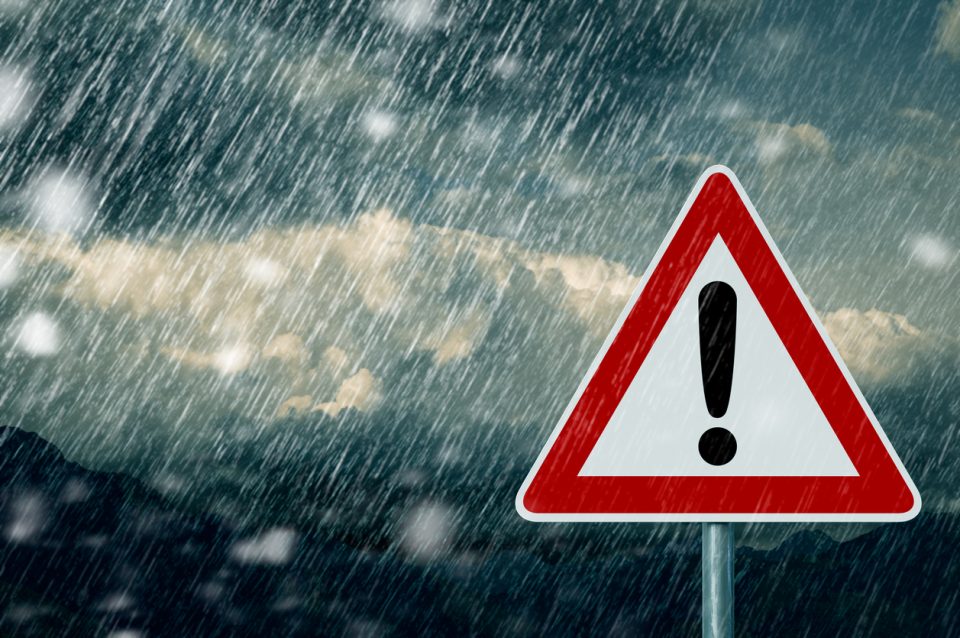One year after Hurricane Matthew, a category 4 hurricane, devastated the Southwest of Haiti, causing loss of life and considerable damage, children and adolescents in the Caribbean country are still incredibly vulnerable to the effects of natural disasters and extreme weather events, according to UNICEF’s warning.
“Hundreds of thousands of children had their lives turned upside down by Hurricane Matthew,” said UNICEF Representative Marc Vincent. “The courage and determination of families to recover and begin to rebuild their lives is admirable and UNICEF is proud to be one of the organizations continuing to support them.”
“After Matthew passed, I thought it would be virtually impossible to continue living. All the trees were uprooted … But people are beginning gradually to recover,” according to Bernard, 14, originally from Roche-à-Bateau, a southern commune badly affected by Matthew.
In the immediate aftermath of the storm, UNICEF mobilized its staff on the ground to respond to the most urgent needs, sending emergency aid for affected children and families, including clean water and sanitation.
UNICEF, working with the Haitian Government and partners, has been able to carry out the following actions during the past 12 months:
- More than 550,000 people have benefited from access to drinking water.
- 120 schools damaged by the hurricane were rehabilitated, facilitating the return to school for more than 30,000 schoolchildren. 139 schools received more than 10,000 school furniture items and 26,000 children received psychosocial support.
- More than 28,000 children benefited from psychosocial care, assistance and nutrition, health and hygiene education. More than 24,000 people received information on violence, child abuse and gender-based violence (GBV).
- More than 160,000 children have been screened for malnutrition in the departments of the South and Grand’Anse in an ongoing screening program. The results show the need for continuing care with 7,443 cases of acute malnutrition reported including 2,343 cases of severe acute malnutrition and 5,100 cases of moderate acute malnutrition.
In addition, UNICEF had organized a series of consultations with adolescents in Grand’Anse and the South to enable them to express their concerns and ideas about risk and disaster management, with the results shared with local authorities.

